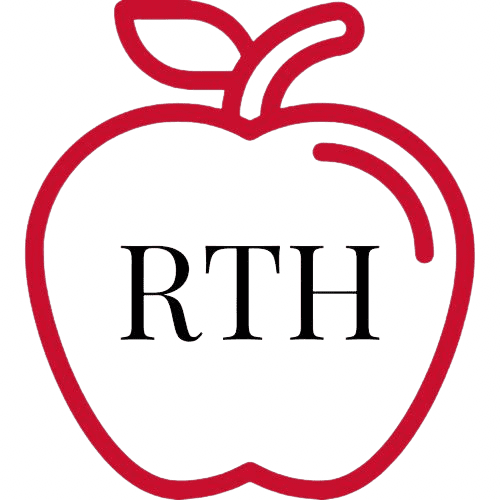Am I Really Hungry?
When working towards a healthier lifestyle, listening to your body’s hunger cues is important to make sustainable changes to your diet.
Due to factors such as restrictive dieting and emotional eating, it can become more difficult to tell whether you are physically hungry or if you are eating for emotional reasons.

Here are some physical hunger cues to look out for:
- Low energy
- Stomach growling
- Difficulty concentrating
- Feeling irritable (“hangry”)
If you are not feeling these cues and are thinking about eating something, it helps to ask yourself how you are feeling in that moment:
Are you stressed or sad and turning to food as a source of comfort?
Or are you bored and using eating as something to do?
When you’re eating for these reasons rather than being physically hungry, you may find that you are not satisfied afterward and might even eat past fullness, which can cause physical discomfort. It also becomes more difficult to listen to your body’s physical hunger cues.
If you find that you are turning to food for emotional reasons, try to think of other coping mechanisms. Here are a few ideas:
- Talking to someone you trust
- Engaging in an activity you enjoy
- Journalling your emotions
Also try to limit distractions when you are eating and focus on your meals, which allows you to take time to enjoy what you are eating and pay attention to when you are satisfied.
Listening to your body’s hunger cues takes time, however with practice it helps you build more trust in your body to tell you when and how much you need to eat. This will give you the nutrition you need and help you achieve a healthier lifestyle.




